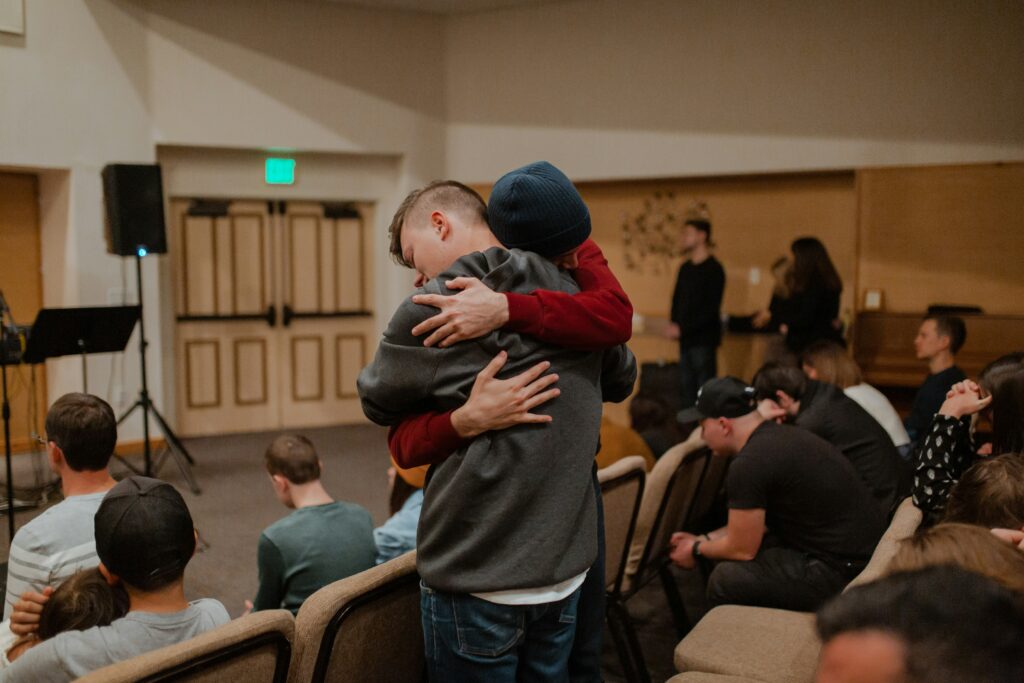Blog
From Prevention to Restoration: Supporting Families at Every Stage of the Foster Care Journey
When we talk about The River, you’ll often hear us use the words upstream and downstream. This is because we believe it’s vital to show up for children and families along every stretch of the foster care journey. Some children are at risk of falling into The River due to family instability or crisis. Others are already struggling to stay afloat. In this post, we’ll unpack what upstream and downstream support look like and how we can use both to help children and families find footing on dry ground.
Read MoreUnderstanding the Language of Foster Care: A Simple Guide to Common Acronyms
When you step into the world of child welfare, it can feel like learning a new language. Whether you’re a new volunteer, a church partner, a foster parent, or simply someone who wants to understand more, the chances are you’ve come across a sea of letters like DFPS, CPS, PMC, or TBRI® and wondered… what do these even mean?
Read More5 Creative Ways to Serve Foster and Adoptive Families
This guide is a collection of simple, meaningful ways to say, “You’re not alone. We see you. We’re in it with you.”
Whether you’re a neighbor, friend, church, or business, these ideas help create rhythms of care that don’t overwhelm or overstep—but gently remind families that healing happens AS ONE.
Read MoreBuilding a Circle of Connection (by Jenni Lord, Founder of Chosen)
“This doesn’t look like what I thought it would.” I hear this statement all the time.
Read MoreWhy Foster Families Struggle to Find Babysitters—and How We Can Help
Foster parents, by Texas law, can only use babysitters who are specially trained and certified to care for children in foster care.
Read MoreFinding Your Community to Navigate the Foster Care Journey With
As a foster parent, you will have people who love you and people who get you. And sometimes, those who love you the most may get you the least.
Read MoreProtecting the Privacy of Kids in Care
It’s our responsibility as foster parents to protect our kids. To protect their bodies, yes. But also to protect their stories.
Read MoreA Year in Review: Six Reflections on 2024 from The Riverside Project Team
With the holiday season in full swing, our team has been reflecting on the past year—the victories, the challenges, the lessons learned, and the connections formed.
Read More4 Ways Church Leaders Can Inspire a Spirit of Hospitality
It’s really pretty simple: God makes room for us, so we make room for others. When Christians resolve to extend to their neighbors the same love and welcome they have received from God, I believe the Kingdom is near at hand.
Read MoreWhat is Kinship Care? (& Resources You Should Be Aware Of)
Kinship care occurs when extended relatives, such as grandparents, aunts/uncles, cousins, and even close friends (referred to as “fictive kin”) provide homes for children who have been separated from their birth parents.
Read More











